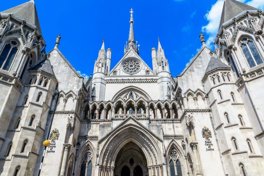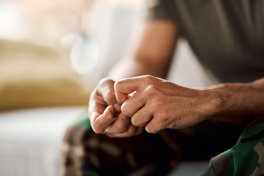6 years – almost 7 – have passed since the #MeToo movement began in the US. It has since become a global phenomenon, sparking conversation about sexual harassment and abuse.
In 2017, actress Alyssa Milano tweeted ‘#MeToo’ when Harvey Weinstein was accused of sexual assault and encouraged others who had been sexually harassed or assaulted to do the same. Since then, more than 80 women have come forward with accusations of sexual assault against Harvey Weinstein. 5 years later, he has been found guilty in his second sex crimes trial.
For many, #MeToo has become shorthand for solidarity with victims who have faced their abusers. It has encouraged and given the strength to others to do the same.
Since conversations began, many people have developed a better understanding of what constitutes sexual abuse. People have reframed their past experiences after hearing about others’ experiences, identifying themselves as survivors and not just victims of abuse.
The #MeToo movement has clearly had an impact on society and how many of us view and deal with issues of sexual assault, abuse and violence. It is evident, in this way, how much speaking out about your experiences can help create change, and contribute to a wider movement to try and stop these things from happening.
As a result of the increasing awareness around these issues, we’ve noticed an increase in the number of victims of abuse coming forward and getting in touch with us to discuss the possibility of claiming compensation for the abuse and mental health issues they suffered as a result of it.
At Simpson Millar, we have a team of specialists who are experts in dealing with abuse claims. We understand how difficult it is to talk about these things and to go back to these memories, which is why we’ll always go at your pace when it comes to building a claim.
Our friendly and approachable team of Solicitors can help you work on and build a solid claim for compensation, with the evidence and paperwork you’ll need. In addition, we’ll always strive to keep you in the know about what’s going on with your case and what the latest updates are, so you’re never left stressed out and in the dark about the progress of your claim.











